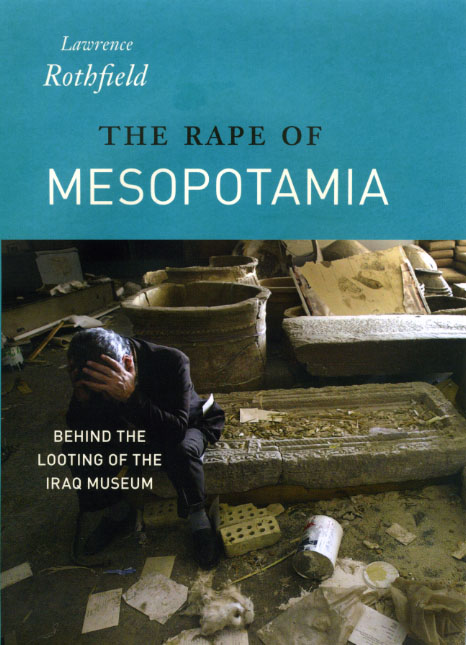The Aftermath of Rape

On April 10, 2003, as the world watched a statue of Saddam Hussein come crashing down in the heart of Baghdad, a mob of looters attacked the Iraq National Museum. Despite the presence of an American tank unit, the pillaging went unchecked, and more than 15,000 artifacts—some of the oldest evidence of human culture—disappeared into the shadowy worldwide market in illicit antiquities.
On Monday, Iraq’s National Museum reopened six years after the looting that came to characterize the inept handling of the occupation. More than half of the exhibition space is closed, and thousands of priceless works from its collection remain missing. As the New York Times notes, “Symbol it was, and symbol it remains—not only of how much Iraq has improved, but of how far it has to go.… [T]he museum is only one institution in a place where little functions as it should—not electricity or even sewerage—nearly six years after the beginning of the war that toppled Saddam Hussein. The museum, like life here, may be more secure than at any other time since then, but it is not normal.”
Arriving just in time for the museum’s reopening, Lawrence Rothfield’s The Rape of Mesopotamia: Behind the Looting of the Iraq Museum offers a detailed, judicious account of the failures of planning, understanding, and initiative that led to the plunder and the incalculable loss of Iraq’s unparalleled cultural heritage. Drawing on extensive interviews with soldiers, bureaucrats, war planners, archaeologists, and collectors, Rothfield reveals the widespread incompetence and miscommunication on the part of the Pentagon, unchecked by the disappointingly weak advocacy efforts of worldwide preservation advocates, that left troops on the ground unprepared for and unable to stop the looting. At the same time, Rothfield shows, preservation advocates were insufficiently vocal about the risks the invasion posed to the museum, while collectors and dealer who inhabit the shadowy world of the illicit antiquities trade snapped up the looters booty.
In the end, Rothfield argues forcefully that the international community has yet to learn the lessons of Iraq—and that what happened there is liable to be repeated in future conflicts. A powerful, infuriating chronicle of the disastrous conjunction of military adventure and cultural destruction, The Rape of Mesopotamia is essential reading for all concerned with the future of our past.
Read an excerpt from the book.